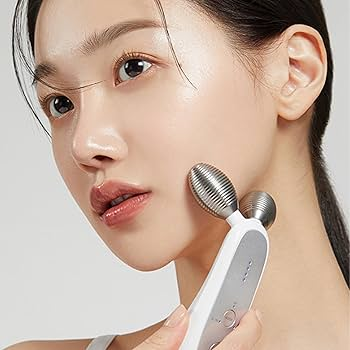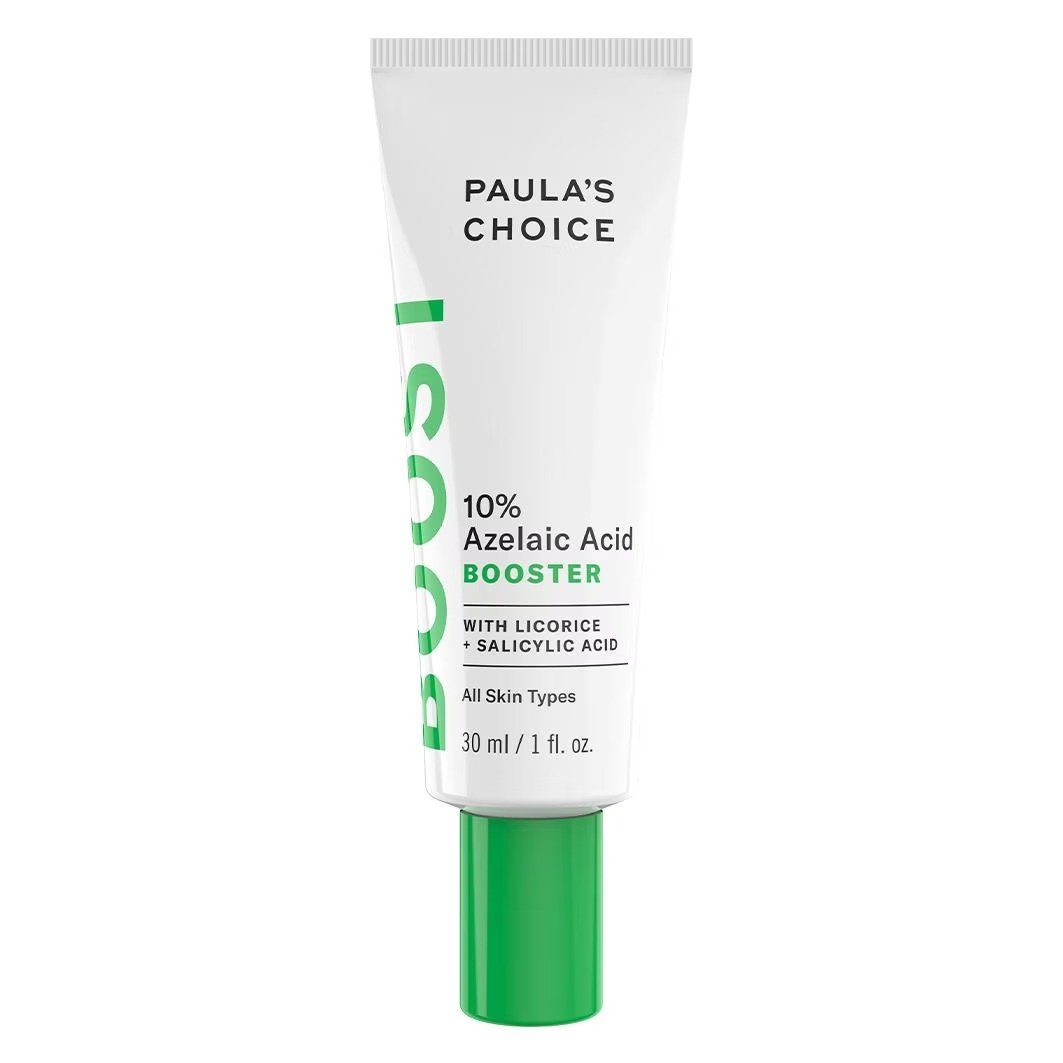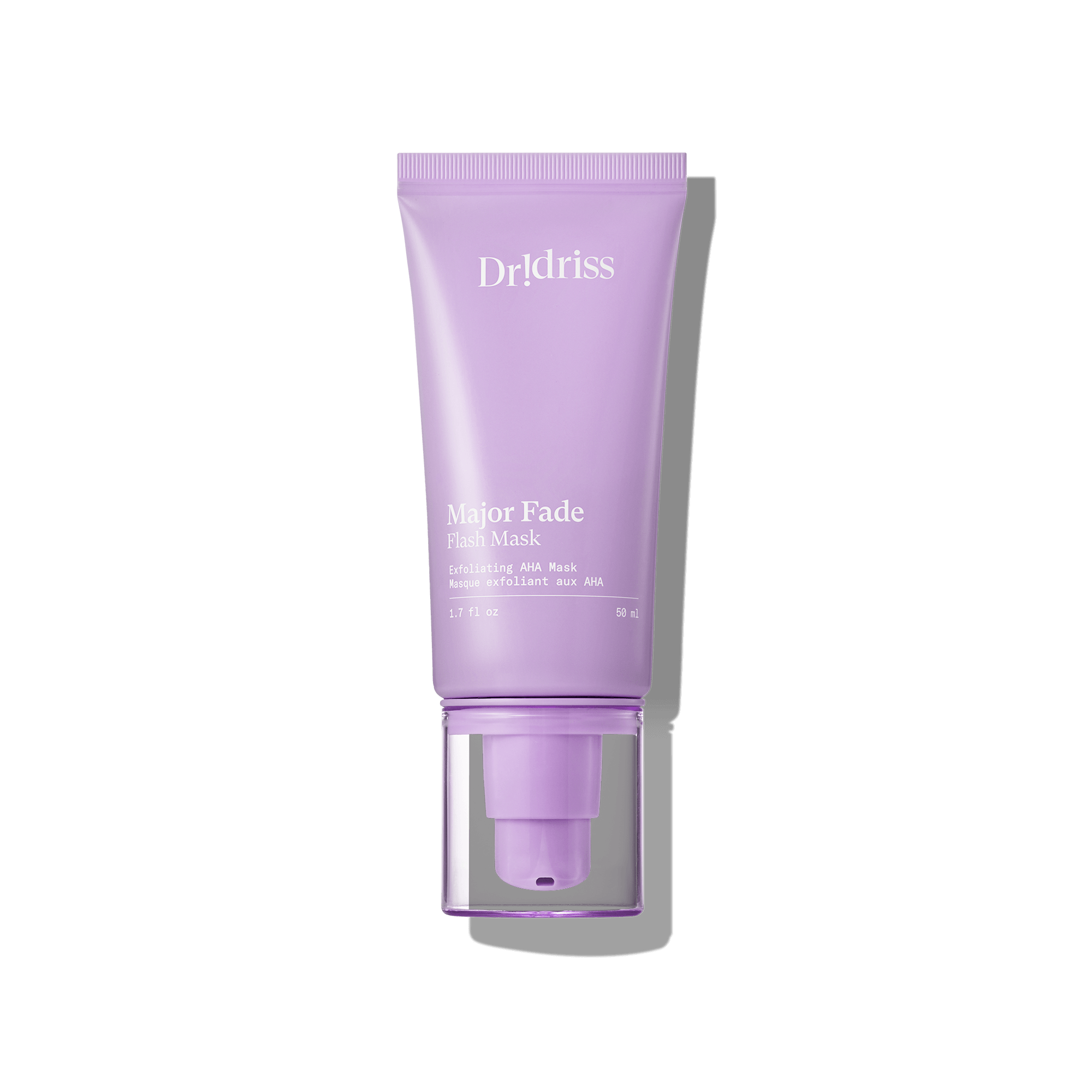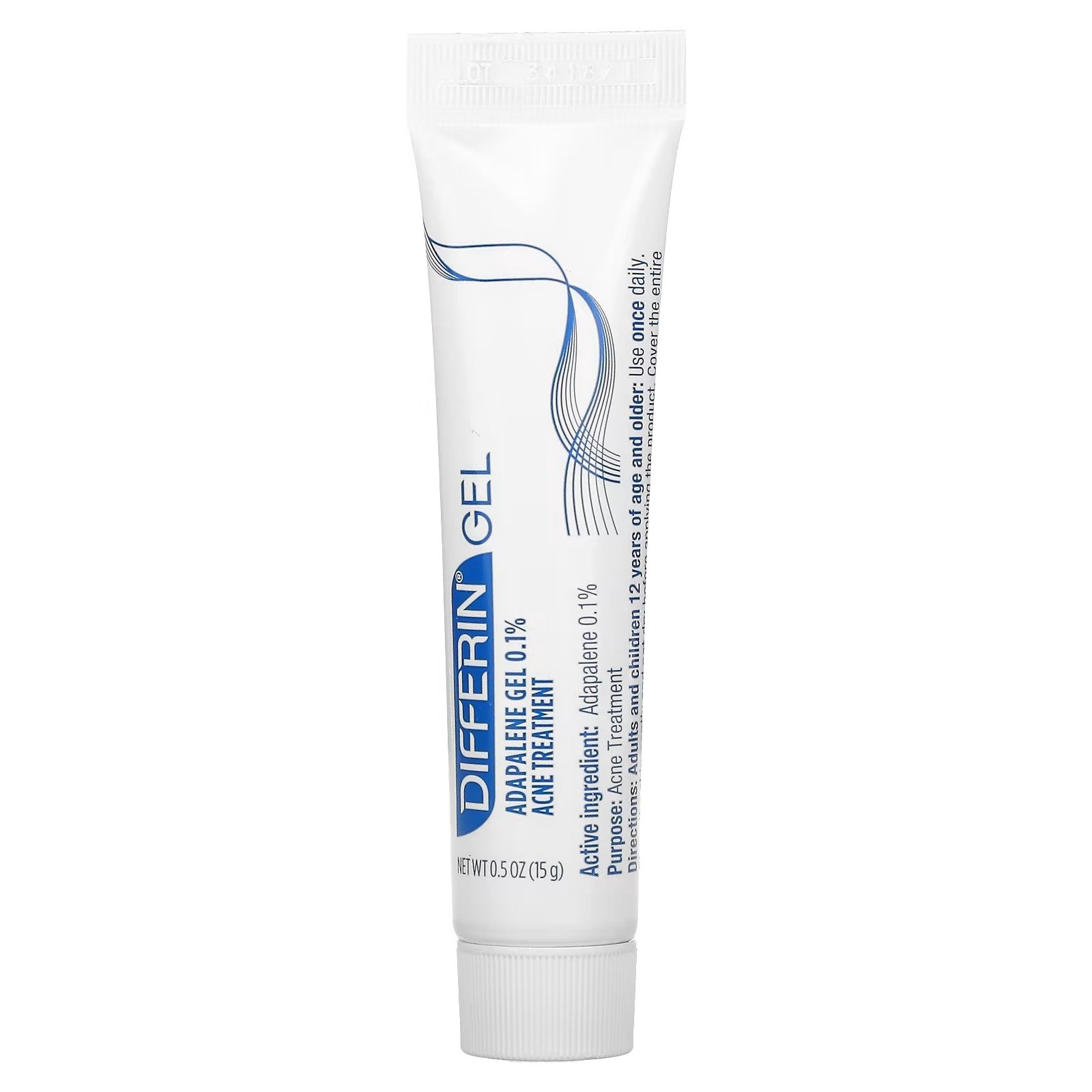Time Heals All Scars?
Acne, the persistent adversary of many during their teenage years and early twenties, often leaves behind more than fleeting memories. Acne scars, a physical reminder of battles fought with our own skin, can have a profound emotional and psychological impact. While self-acceptance and embracing our natural imperfections remain vital, the good news is that effective treatments exist to address these concerns. By taking a proactive approach, it’s possible to significantly reduce the long-term effects of acne scarring.
Types of Acne Scars
Acne scars broadly fall into two categories: color changes and textural changes. Understanding these distinctions is crucial for selecting the appropriate treatment.
Color Changes
Post-Inflammatory Erythema (PIE): This redness stems from dilated blood vessels caused by inflammation. PIE is most noticeable in fair-skinned individuals but can affect all skin tones.
Post-Inflammatory Hyperpigmentation (PIH): Brown discoloration arises from excessive melanin production after inflammation or skin trauma. This condition is particularly pronounced in darker skin tones.
Post-Inflammatory Hypopigmentation: Lighter patches occur due to reduced melanin production following skin damage.
Textural Changes
Atrophic Scars: Indentations in the skin, such as ice-pick, rolling, or boxcar scars, are a common result of collagen loss during the healing process.
Hypertrophic Scars: Raised scars, which form due to excessive collagen production, are more common on the chest and back.
Treating Color Changes
Addressing color-related acne scars requires patience, a diligent routine, and the right active ingredients.
Post-Inflammatory Erythema (PIE)
Niacinamide (5%): Renowned for its anti-inflammatory properties, niacinamide reduces redness and promotes even skin tone.
Centella Asiatica: A botanical extract celebrated for its soothing capabilities.
Arnica: A natural remedy effective in reducing swelling and inflammation.
Azelaic Acid (10-15%): A potent anti-inflammatory agent that also addresses pigmentation.
Allantoin (0.5%): A moisture-retaining ingredient that speeds up healing and minimizes collagen overproduction.
Post-Inflammatory Hyperpigmentation (PIH)
Sunscreen: The cornerstone of any skincare routine, sunscreen prevents further pigmentation and protects healing skin. Hybrid sunscreens combining physical and chemical filters are often recommended for optimal results.
Exfoliating Acids: Ingredients like glycolic, lactic, and mandelic acids gently remove the upper layers of pigmented skin while improving texture.
Tranexamic Acid: Available topically or orally (by prescription), this compound is effective against stubborn pigmentation.
Tyrosinase Inhibitors: Ingredients such as kojic acid and arbutin block melanin production and lighten existing pigmentation. Notably, arbutin is considered safe during pregnancy by the American Academy of Dermatology.
Vitamin C: A versatile antioxidant that complements other treatments. Sensitive skin types can opt for esterified forms (e.g., tetrahexyldecyl ascorbate), while non-sensitive individuals may use ascorbic acid.
Textural Changes: Bridging the Gaps
For textural scars, advanced dermatological treatments often deliver the best results, particularly when combined for synergistic effects.
Microneedling: Performed in-office, microneedling deeply stimulates fibroblasts in the dermis, promoting collagen production. When paired with platelet-rich plasma (PRP) or radiofrequency heat (e.g., Secret RF or Morpheus), results are further enhanced.
TCA Cross: A precise application of high-percentage trichloroacetic acid, TCA Cross targets ice-pick scars, promoting healing from the bottom up.
Subcision: This procedure uses a needle to create controlled trauma beneath scar tissue, breaking fibrous bands that tether the skin. Combining subcision with light fillers helps keep the area open for healing.
Lasers: Laser treatments address various scar types:
Fraxel (non-ablative): Stimulates collagen without removing skin layers.
CO2 (ablative): A more aggressive option for severe scars, resurfacing the skin.
Clear + Brilliant: A milder option for texture improvement.
For hypertrophic scars:
Steroid Injections: Soften raised scar tissue.
Silicone Strips: Regulate growth factors and retain moisture, minimizing scar prominence.
Vbeam Laser: Targets blood vessels feeding the scar, reducing redness and size.
Preventive Measures and Essential Skin Care
Prevention remains the most effective strategy. Addressing acne early reduces the likelihood of scarring, while adopting a diligent skincare routine minimizes the risks associated with active breakouts.
Sun Protection: Consistent use of sunscreen shields the skin from UV damage and prevents pigmentation. For acne-prone skin, non-comedogenic, broad-spectrum formulas are ideal.
Avoid Picking: Picking at acne exacerbates inflammation, increases the risk of infection, and leads to deeper scars.
Moisturization: A well-hydrated skin barrier is less prone to irritation and heals faster. Opt for lightweight, non-greasy moisturizers that cater to acne-prone skin.
Patience: Results take time. Most treatments require weeks or even months to show visible improvement. A consistent, tailored routine is key.
Practical Tips and Product Recommendations
Whether you're dealing with discoloration, texture irregularities, or both, the right products and treatments can make all the difference. In this section, we'll explore a range of effective products designed to address acne scars and help you on your journey to clearer, more even skin. From soothing inflammation to combating hyperpigmentation and promoting collagen production, these recommendations cover all aspects of scar treatment.
Dr. Idriss The Depuffer
Reducing Inflammation and Redness
One of the first steps in treating acne scars, particularly those with redness or inflammation, is addressing the underlying irritation. Dr. Idriss The Depuffer is a targeted treatment that helps to calm inflammation and reduce puffiness in the skin. Formulated with a blend of soothing ingredients like caffeine and green tea extract, this product works to reduce redness and swelling around acne lesions, making it an excellent option for Post-Inflammatory Erythema (PIE).
By de-puffing and calming the skin, The Depuffer aids in preventing the formation of deeper scars. It's ideal for those looking to soothe inflamed skin and prevent further irritation during active breakouts. Use it as part of your daily routine to maintain a balanced, calm complexion and lay the foundation for scar treatments that address discoloration and textural changes.
Glossier Super Pure
Targeting Acne and Redness with Niacinamide
Glossier's Super Pure serum is a powerhouse when it comes to soothing acne-prone skin. With a high concentration of niacinamide (5%), this serum works to balance sebum production and reduce inflammation. Niacinamide is a particularly effective ingredient for those struggling with Post-Inflammatory Erythema (PIE), as it helps to reduce redness and promote an even skin tone over time.
In addition to its redness-reducing benefits, niacinamide also helps to strengthen the skin's barrier, making it less prone to irritation and future breakouts. Incorporating Super Pure into your routine can help to reduce the visibility of redness caused by acne, preventing scars from becoming more pronounced.
Peach Slices Redness Relief Azelaic Acid Serum
Calming Redness and Pigmentation
Azelaic acid is a versatile ingredient that addresses both redness and pigmentation, making it a must-have in the fight against acne scars. Peace Slices Redness Relief Azelaic Acid Serum combines this potent ingredient with other calming agents to reduce inflammation and promote an even skin tone.
Azelaic acid works by inhibiting melanin production, helping to fade the dark spots left behind by acne breakouts. It’s particularly effective for treating Post-Inflammatory Hyperpigmentation (PIH), as well as Post-Inflammatory Erythema (PIE). Regular use of this serum can gradually diminish the appearance of red and brown discoloration, making it an essential product for anyone dealing with lingering acne marks.
Paula's Choice Azelaic Acid Booster
Targeted Treatment for Multiple Scar Types
Paula's Choice Azelaic Acid Booster is another standout product that leverages the power of azelaic acid to target a variety of acne scars. This lightweight formula can be used as a spot treatment or added to your moisturizer for all-over coverage. Azelaic acid helps to reduce the appearance of both redness (PIE) and pigmentation (PIH), making it a perfect multi-purpose product for anyone with acne scars.
This booster also contains additional soothing ingredients like licorice extract, which helps to calm the skin and reduce irritation. It's a great option for sensitive skin types that are prone to redness and inflammation. By incorporating this into your routine, you’ll notice a reduction in the appearance of acne scars while promoting overall skin health.
The Ordinary Azelaic Acid Suspension
Affordable and Effective
The Ordinary's Azelaic Acid Suspension 10% is an affordable yet highly effective option for anyone struggling with acne scars. With a potent 10% concentration of azelaic acid, this suspension provides targeted treatment for discoloration and texture irregularities caused by acne.
Azelaic acid’s ability to both lighten pigmentation and reduce redness makes this suspension a powerful tool in treating Post-Inflammatory Hyperpigmentation (PIH) and Post-Inflammatory Erythema (PIE). Additionally, its texture helps to exfoliate the skin, promoting cell turnover and encouraging the healing of acne scars over time.
For those who want an affordable yet potent treatment for acne scarring, The Ordinary's Azelaic Acid Suspension is a great place to start.
CVS Health Scar Gel
Reducing the Appearance of Textural Scarring
While discoloration is often the most visible form of acne scarring, textural scars (such as ice-pick or boxcar scars) can also be a source of frustration. CVS Health Scar Gel is an affordable and easy-to-use product designed to reduce the appearance of raised or indented scars.
This gel contains silicone, a key ingredient known for its ability to improve the appearance of scars by regulating collagen production and retaining moisture in the skin. Over time, silicone-based products like this one can help to flatten and smooth the texture of scars, making them less noticeable.
Use CVS Health Scar Gel on any raised scars that have formed as a result of acne to help minimize their appearance and promote smoother, more even skin.
Dr. Idriss Major Fade Flash Mask
Perfect for Hyperpigmentation
Dr. Idriss Major Fade Flash Mask is a treatment designed to target the discoloration caused by acne scars. This mask is formulated with brightening ingredients like vitamin C and licorice extract, which help to fade dark spots and even out skin tone. The mask also includes exfoliating agents to help remove dead skin cells, promoting a fresh, glowing complexion.
By using this mask once or twice a week, you can significantly reduce the appearance of Post-Inflammatory Hyperpigmentation (PIH) and bring back radiance to your skin. For anyone dealing with stubborn acne marks, the Major Fade Flash Mask is a must-try.
Dr. Idriss Major Fade Active Seal
A Nighttime Treatment for Skin Repair
The Dr. Idriss Major Fade Active Seal is designed to be used overnight to help fade acne scars and promote skin regeneration. This intensive treatment contains a blend of active ingredients that work to reduce hyperpigmentation and improve skin texture, making it an excellent choice for anyone with Post-Inflammatory Hyperpigmentation (PIH).
With regular use, the Major Fade Active Seal encourages skin renewal while brightening dark spots and smoothing rough texture. It's an essential part of a nighttime skincare routine for anyone serious about tackling acne scars.
The Inkey List Retinol Serum
Promoting Collagen Production
Retinol is one of the most well-researched ingredients for improving skin texture and addressing textural acne scars. The Inkey List Retinol Serum is a gentle yet effective retinol treatment that works to promote collagen production and accelerate skin turnover.
As the skin regenerates, retinol helps to reduce the appearance of ice-pick, boxcar, and rolling scars by stimulating the production of new skin cells. This serum also helps to fade pigmentation over time, making it a two-in-one treatment for both discoloration and texture issues.
For those new to retinol, this serum is a great starting point, as it provides all the benefits without overwhelming the skin.
OleHenriksen Double Rewind Retinol Serum
Targeting Both Wrinkles and Scars
OleHenriksen's Double Rewind Retinol Serum is another excellent option for those looking to tackle both acne scars and signs of aging. This serum combines the power of retinol with AHAs to exfoliate the skin and encourage cell turnover. In doing so, it helps to smooth out textural scars while also addressing fine lines and wrinkles.
By encouraging collagen production and enhancing skin renewal, this serum can significantly improve the appearance of acne scars over time. Its lightweight formula makes it ideal for those with oily or acne-prone skin, offering effective treatment without clogging pores.
Kiehl's Micro Dose Retinol Serum
Gentle Yet Powerful
Kiehl’s Micro Dose Retinol Serum is designed for those with sensitive skin who want to incorporate retinol into their routine without the risk of irritation. This serum delivers a low dose of retinol, which helps to promote collagen production, improve skin texture, and fade hyperpigmentation without causing excessive dryness or redness.
For anyone with sensitive or reactive skin, Kiehl’s Micro Dose Retinol Serum is an excellent option that still delivers the benefits of retinol in a gentle, tolerable formulation.
The Ordinary Granactive Retinoid 2%
A Non-Irritating Retinol Alternative
For individuals who are sensitive to traditional retinoids, The Ordinary's Granactive Retinoid 2% offers a less irritating alternative. Granactive Retinoid is a more stable form of retinol that works to promote cell turnover and stimulate collagen production, similar to retinol but with less risk of irritation.
This product is particularly beneficial for those with acne scars, as it helps to speed up skin regeneration and reduce both pigmentation and textural irregularities. Use it as part of your evening skincare routine to improve the overall appearance of your skin.
Differin Adapalene 0.1% Gel
A Game Changer Acne Treatment
Differin's Adapalene 0.1% Gel is a topical treatment that has become a go-to for acne sufferers. Originally available only by prescription, it is now widely accessible over the counter. Adapalene, a form of retinoid, helps to regulate skin cell turnover, preventing clogged pores and reducing the severity of acne breakouts.
In addition to its acne-fighting properties, Adapalene is effective in reducing acne scars. By speeding up the healing process and improving skin texture, Differin helps to fade both discoloration and textural changes over time.
La Roche Posay Effaclar Adapalene Gel 0.1%
Dermatologist-Recommended for Acne Scars
La Roche Posay’s Effaclar Adapalene Gel 0.1% is another excellent over-the-counter retinoid product for acne scars. Like Differin, it contains adapalene, which works to accelerate skin turnover and fade acne scars by promoting collagen production.
Ideal for those who are struggling with both acne and scarring, this gel can help clear up active breakouts while improving the appearance of existing scars. Regular use can lead to clearer, smoother skin with fewer visible imperfections.
When to Seek Professional Expertise
For persistent or severe scars, collaboration with a dermatologist is essential. Professional guidance ensures the selection of effective treatments and prevents unnecessary or harmful interventions. Combining over-the-counter products with professional treatments like lasers, microneedling, or TCA Cross provides a comprehensive approach to scar management. Dermatologists can also recommend treatments tailored to specific skin types and concerns.
Acne scars need not define our narrative. By embracing proactive measures and seeking professional expertise, it’s possible to achieve significant improvements. While the path to clearer skin demands patience, kindness to oneself, and consistency, the results can be transformative, both physically and emotionally.


























